Faster and better 3D Slicer rendering customization
January 13, 2026
Extend 3D Slicer rendering with the Layer Displayable Manager library.
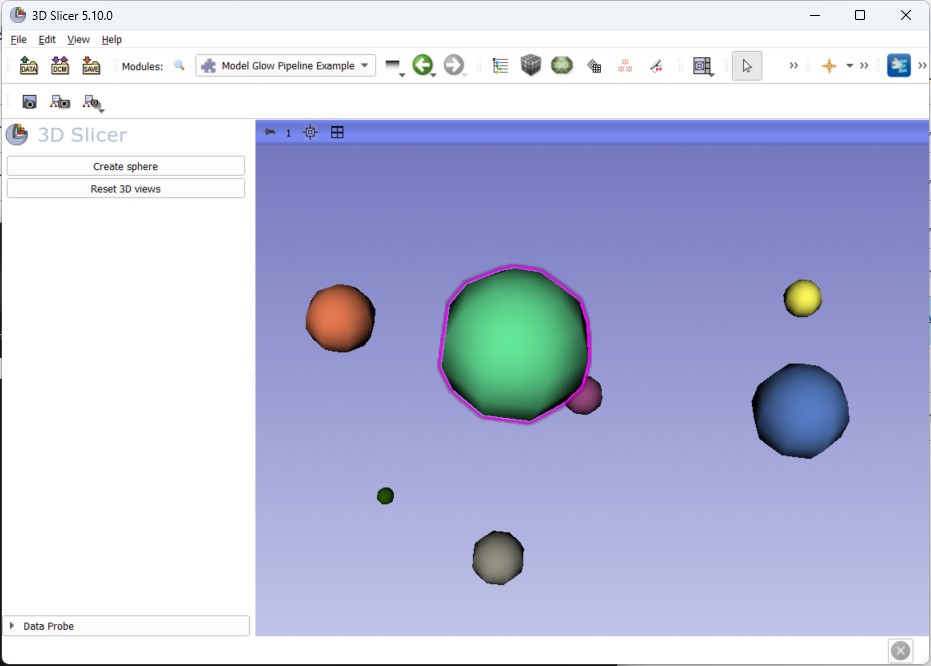
Medical imaging researchers and product developers are continually seeking ways to streamline workflows, improve accuracy, and leverage the latest image-analysis tools. The recent release of 3D Slicer 5.10 delivers exactly that—offering new workflows, enhanced tools, and core upgrades that empower users to tackle complex imaging tasks more efficiently.
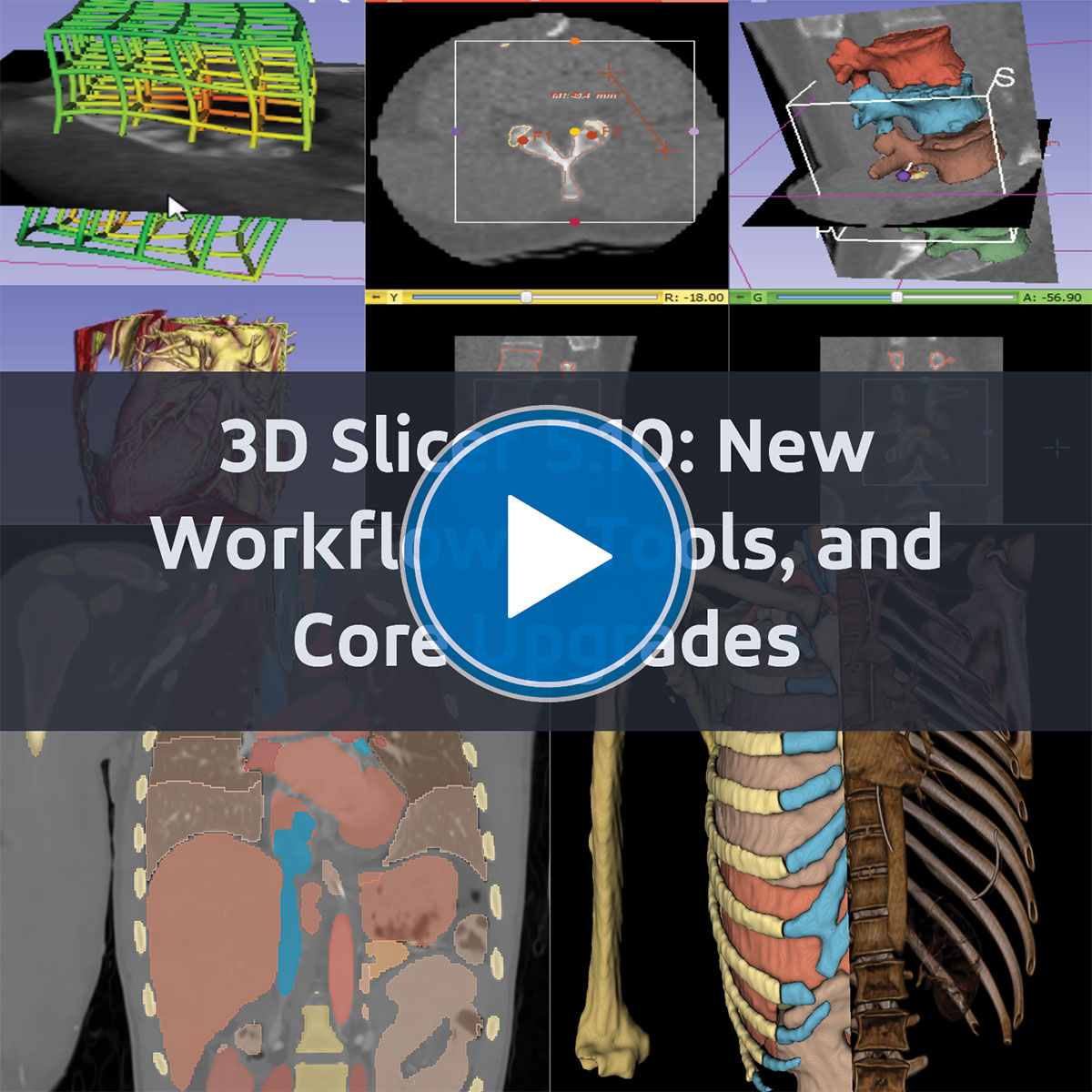
The 21st century has witnessed remarkable advances in computational and experimental sciences, with processing power expanding from terascale to exascale—a million-fold increase in capability—and experimental devices achieving unprecedented scales of data collection. Visualization technologies have kept pace, as modern GPUs now enable the analysis and rendering of complex datasets that were once out of reach. At the same time, artificial intelligence has disruptively reshaped research by not only augmenting existing methods but also transforming the problems we can address and the ways we solve them. Scientific and engineering work now depends on the integration of experiments, large-scale computation, and AI, involving diverse participants from domain experts to decision-makers. Yet, traditional tools such as documents, charts, spreadsheets, and static visualizations are no longer sufficient to support collaboration.
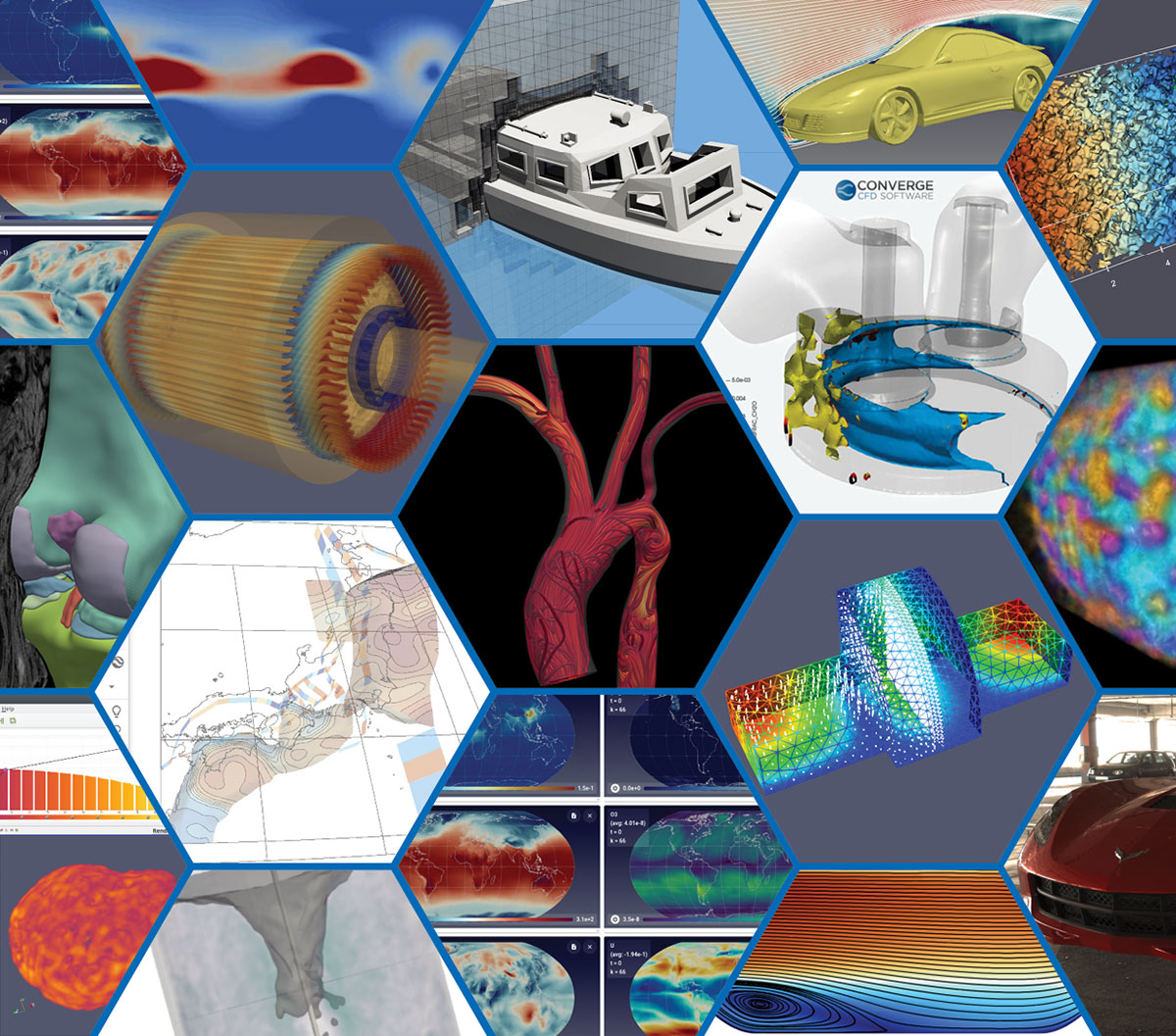
3D Slicer 5.10 Now Available for Download
December 1, 2025
The 3D Slicer developer community is excited to announce the release of 3D Slicer 5.10, now available for download. This catch-up release represents a major step forward as the project prepares for the upcoming Slicer 6.0 milestone. Version 5.10 brings an extensive collection of improvements, bug fixes, infrastructure upgrades, and new capabilities across the platform, ensuring a stable, powerful foundation for both users and extension developers.
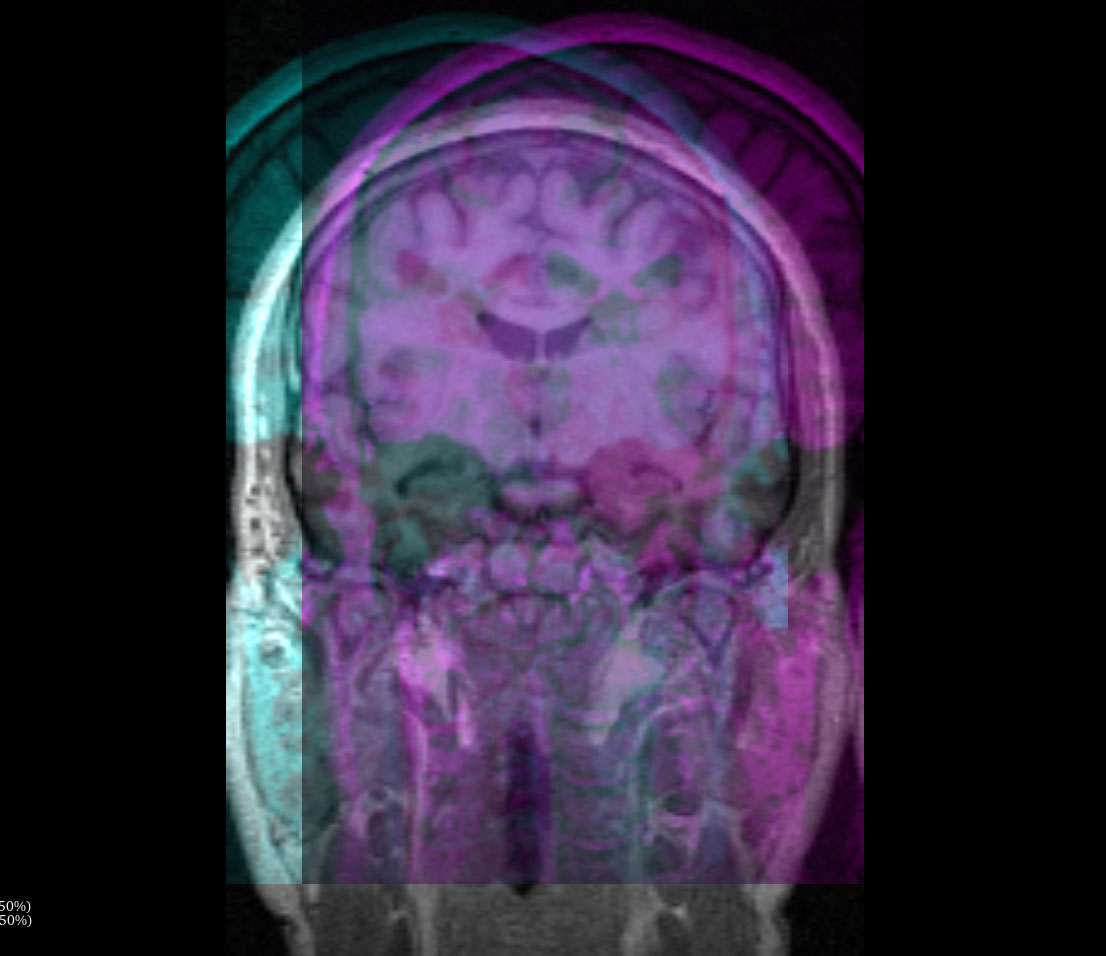
RSNA 2025: Creating Custom Applications Based on 3D Slicer
December 1, 2025
We are proud to announce that our RSNA 2025 educational exhibit “Creating Custom Applications Based on 3D Slicer” is now available for viewing at the On Demand RSNA platform, as well as in Kitware’s distribution channels.
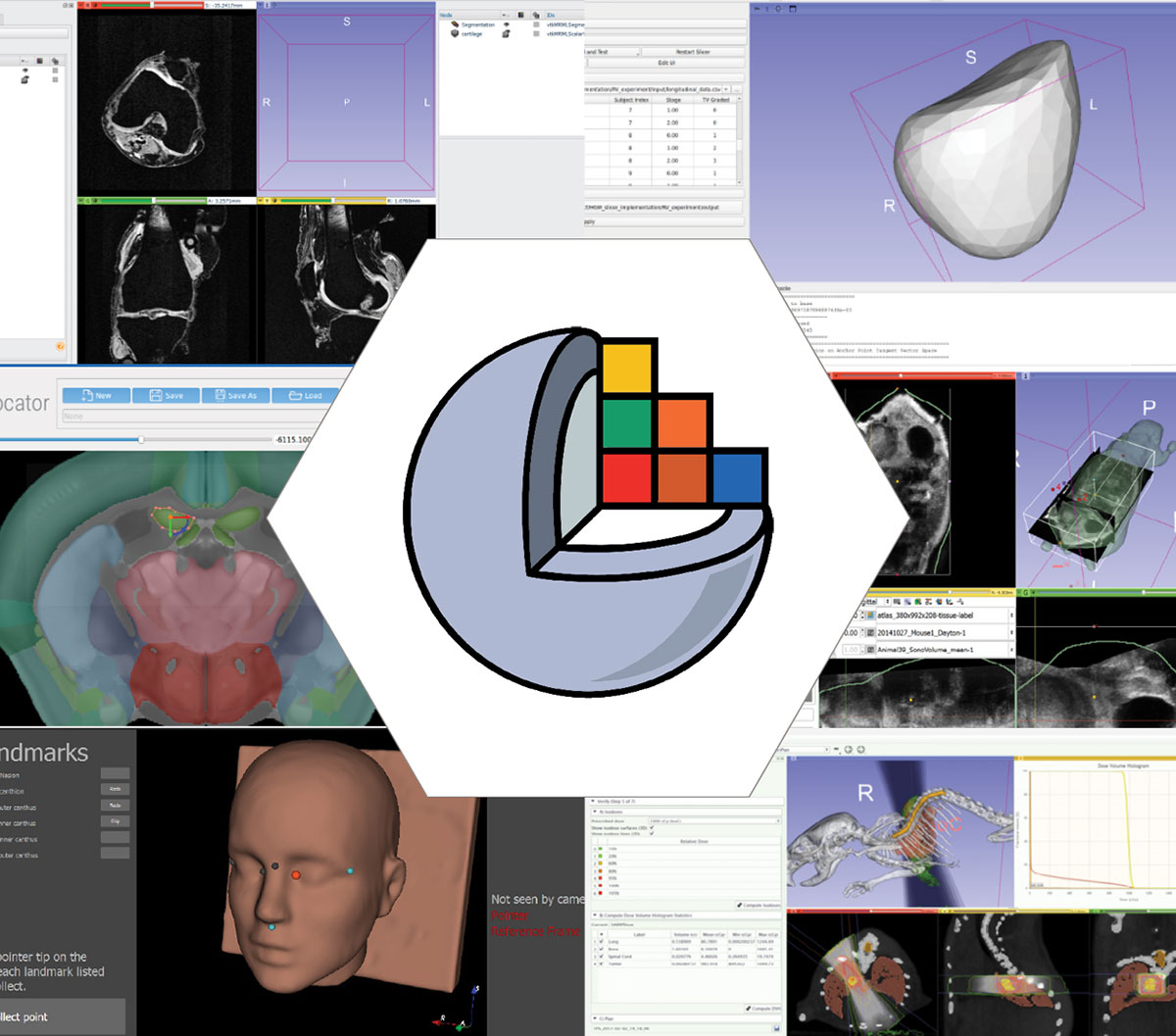
ITK 5.4.5 Released
November 24, 2025
We are pleased to announce the release of ITK 5.4.5! ITK 5.4.5 is maintenance release focused on critical bug fixes, improved documentation, and platform support, while introducing AI agent onboarding to assist in project maintenance tasks 🤖. This is the latest maintenance update for this cross-platform, open-source toolkit supporting N-dimensional scientific image analysis with spatially-aware algorithms. […]

CMake 4.2.0 available for download
November 20, 2025
CMake 4.2.0 available for download
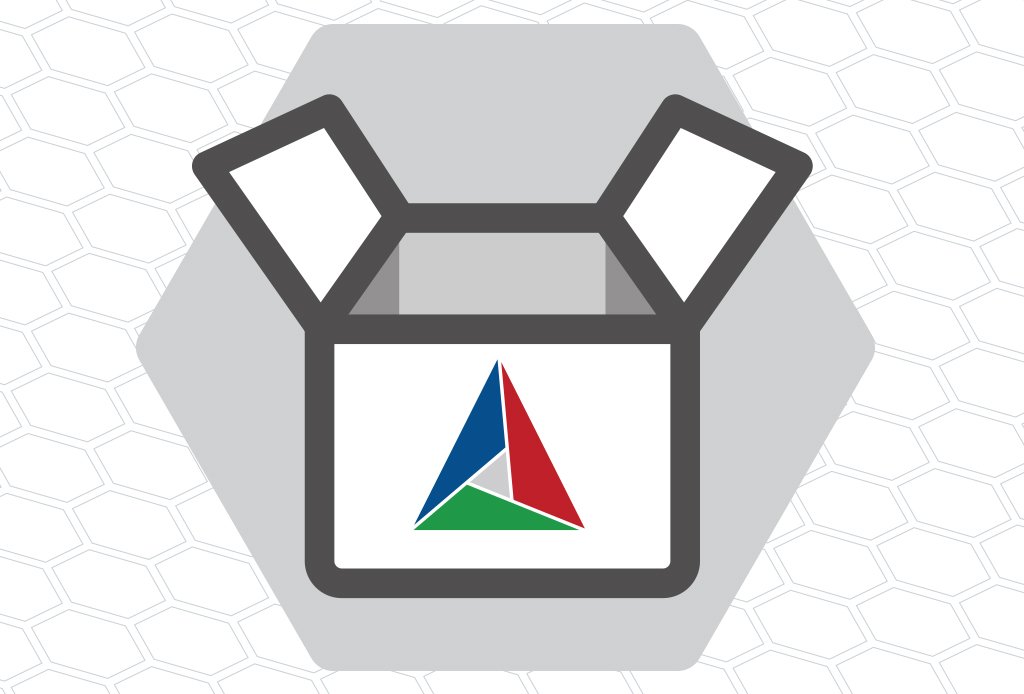
trame-slicer: Bringing the power of 3D Slicer to the web
November 20, 2025
Introducing trame Slicer, a python library to build web applications by leveraging 3D Slicer medical imaging capabilities
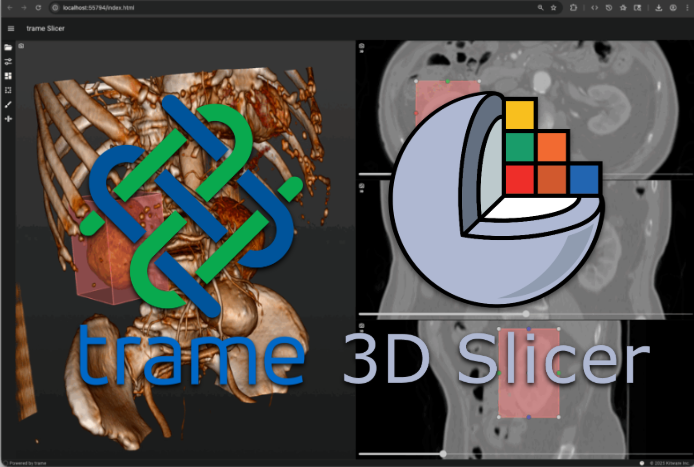
CMake 4.1.3 available for download
November 19, 2025
CMake 4.1.3 available for download

CMake 4.0.5 available for download
November 19, 2025
CMake 4.0.5 available for download

CMake 3.31.10 available for download
November 19, 2025
CMake 3.31.10 available for download

CMake 4.2.0-rc4 is ready for testing
November 17, 2025
The fourth CMake 4.2 release candidate!
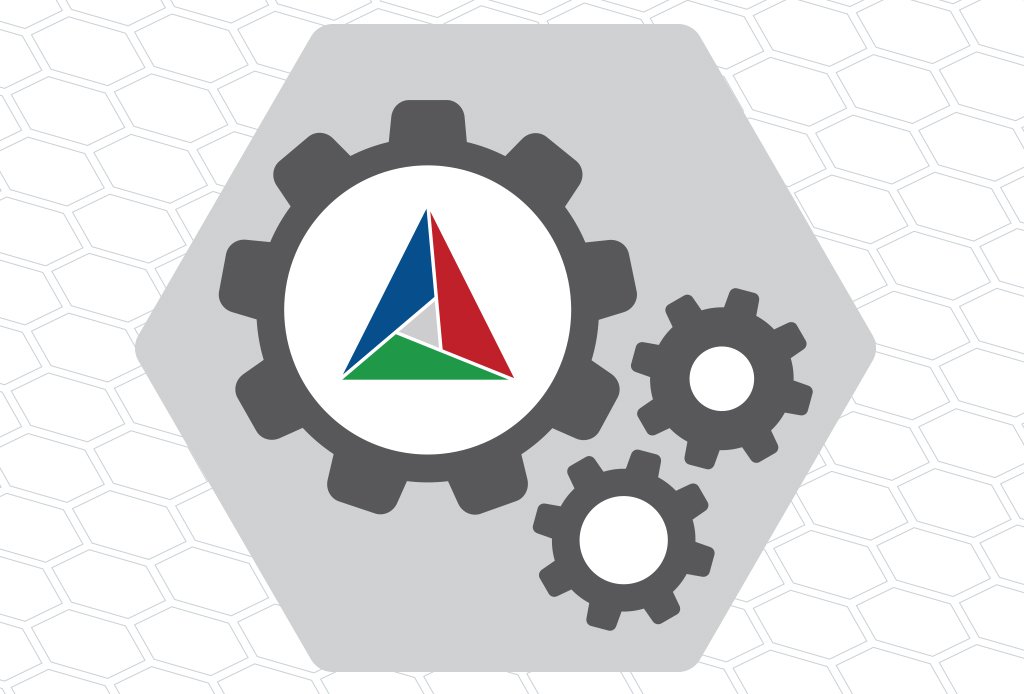
CMake 4.2.0-rc3 is ready for testing
November 11, 2025
The third CMake 4.2 release candidate!

Real-Time Insight with ParaView Catalyst: A Hands-On Guide Part 3: Creating Animations
November 6, 2025
High-performance simulations generate massive datasets—but extracting insight from that data shouldn’t be a bottleneck. ParaView Catalyst integrates analysis and visualization directly into the simulation workflow, delivering in situ processing that eliminates the need for slow, storage-heavy post-processing. The result? You get immediate feedback, streamlined workflows, and new opportunities to steer simulations on the fly. Built […]
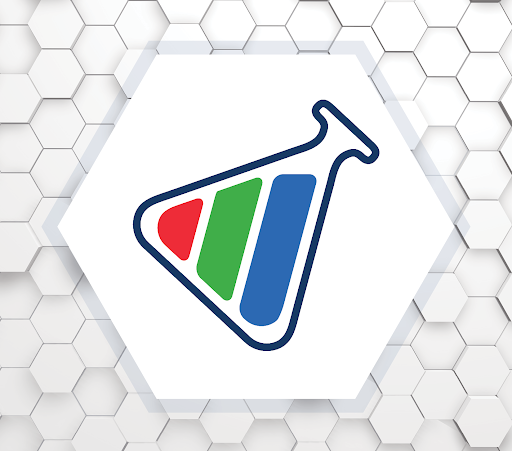
Accelerating HPC Innovation with Interactive Visual Workflows
November 3, 2025
In today’s era of high-performance computing (HPC), organizations are generating data faster than ever before. Simulations that once took months can now be completed within weeks or even days on exascale systems. But there’s a problem: the process of turning that massive data into insight still lags behind.
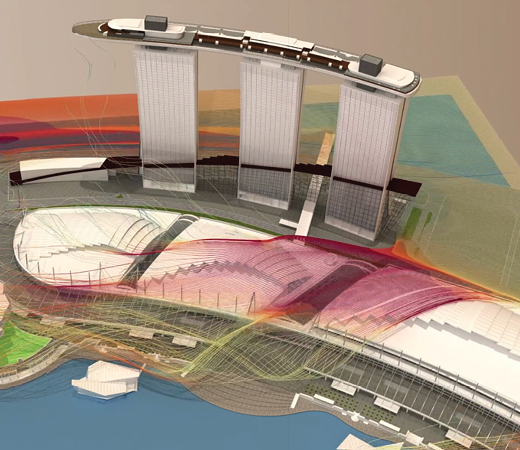
CMake 4.2.0-rc2 is ready for testing
October 31, 2025
The second CMake 4.2 release candidate!

Biomedical research today is generating increasingly vast and complex datasets along with an explosion of scientific literature that is overwhelming scientists’ ability to keep up. For example, PubMed is a free-to-access flagship scientific literature database maintained by NIH that has been growing exponentially for over 50 years (exceeding one million new publications per year over […]
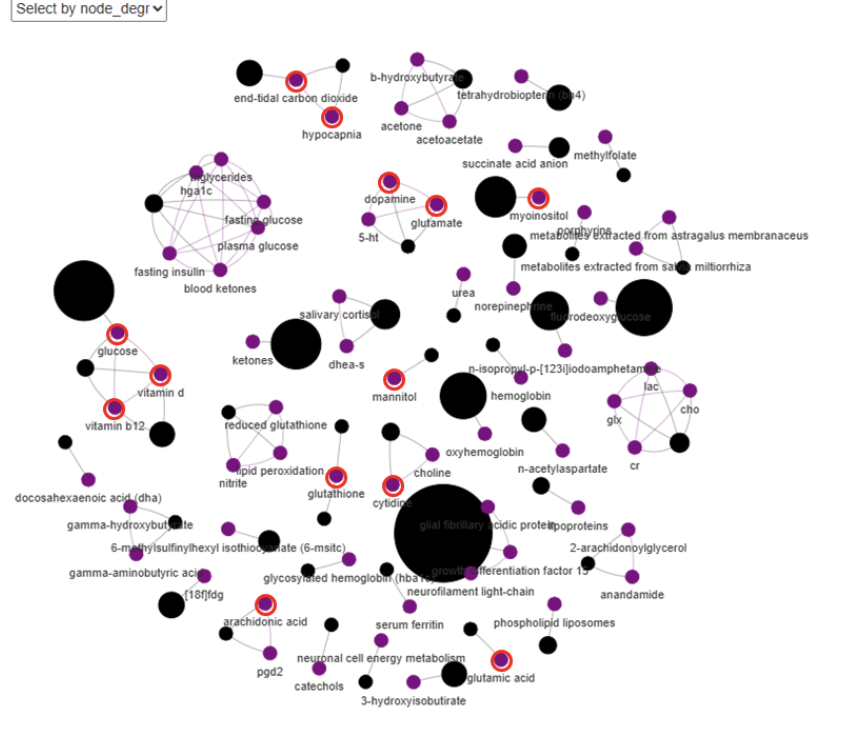
DIVERS-GEN: Toward a Digital Twin for Water and Energy Systems
October 27, 2025
Water as a Critical Resource for Energy Water is often overlooked as the hidden fuel for electricity generation. Hydropower (see Figure 1) relies directly on river flows, but fossil fuel and nuclear facilities also consume large volumes of water for cooling and operations. Shortages or warmer stream temperatures can restrict production, and these challenges are […]
